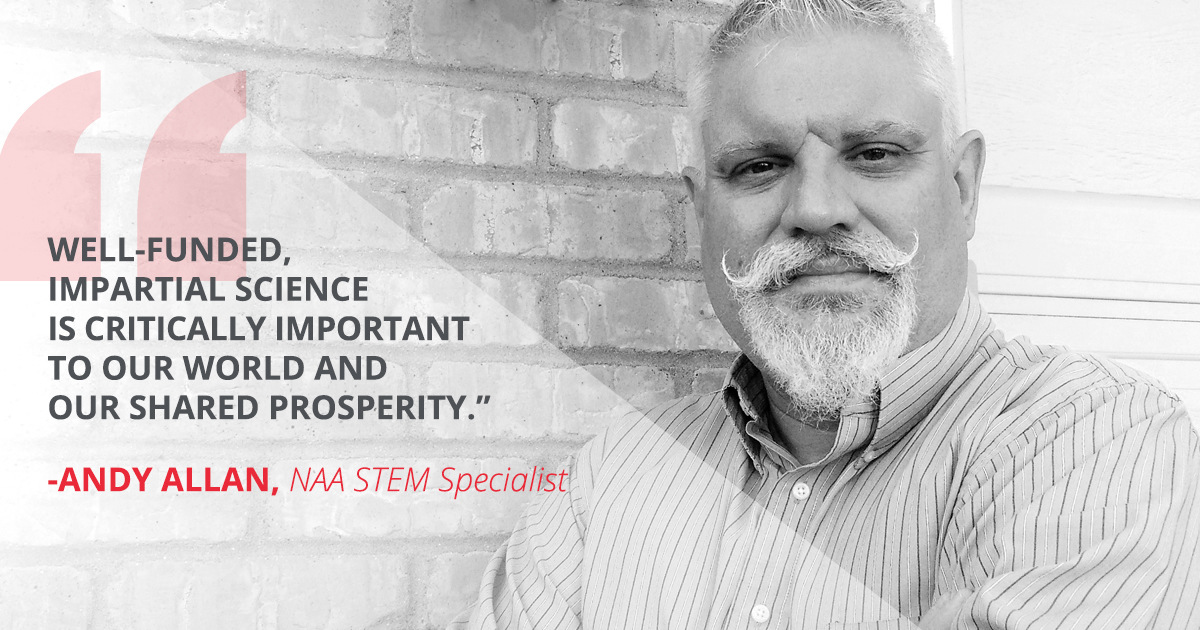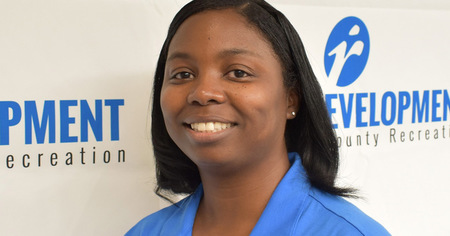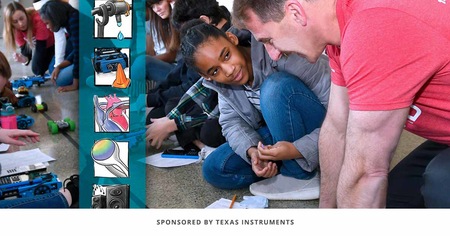I find myself needing to be an advocate for something that, until recently, seemed to be universally accepted as important—science and how it works as part of our modern society.
Science works.
Lately, it seems current events are calling into question the role of science and scientists. Yet science is not a belief and does not require faith. Science works whether you believe in it or not. It is the structured way we make sense of the universe through the use of observations and testable ideas. Scientists observe, research, perform experiments, build models and test hypotheses. The very core of science is that all this work is done in a methodical way, so other scientists can verify any results and discoveries.
Science's discoveries and conclusions are constantly under peer review by a worldwide community.
Whenever you have a scientific inquiry, the results are usually published in one of hundreds of science journals. Most science simply leads to more data that can be used to confirm ideas or design new avenues of research. Occasionally, a discovery will be made.
This discovery does not instantly become an established truth. It is simply a discovery other scientists seek to verify. A lot of discoveries are answered by already-established science, a misstep in the experiment or an anomaly in the data. Occasionally, a different experiment or a new piece of equipment designed for something entirely different may confirm the results. The experiment may be refined and repeated by another team, which finds the same discovery. Over time, under skeptical peer review, a body of works grows—all of it pointing to the discovery as a new explanation for how a part of our universe works.
If scientists have such a methodical approach, why is there so much contradiction in the scientific community?
Well, there really is not.
In an effort to grab eyeballs, news has taken to sensationalizing science. News outlets—not scientists—are attaching significance to a result.
Scientists engage in active debate, peer review and questions that help refine ideas. The frontier of scientific research can be a messy place. Ideas come and go all the time. If there is no consensus of observation from the scientific community, no established science will emerge.
Historically, information was slow to be shared; research had to be published in physical books and distributed and read. It would take years of experiments and scientific discussion before results were presented as an established idea to the world at large.
Today, in the midst of our information revolution, this messy frontier is available instantly, to anyone. News outlets are quick to grab onto populist research ideas and present them under the headline: "Scientists Find." This is why you can read, in the same week, "Research shows coffee will extend your life!" and "Scientists Find that Coffee is Leading Killer in Men Over 60!" (I made up these headlines. Please enjoy your coffee).
The point is: The constant reporting of conflicting ideas in the news does not mean scientists are lying or making things up. A research team performed an experiment, collected the results and published a paper. A news outlet could pick that paper up and publish it at face value, with none of the critical thinking of a scientist: How was the experiment performed? How big was the sample size? How significant was the data? Can causation be definitively shown?
Science is important because it improves health and living conditions, and provides answers to how things work.
Science works not because of any one person's integrity or some high-guiding principles. It works because, at science's core, scientists question and evaluate everything that is produced.
Well-funded, impartial science and the exchange of information are critically important to our world and to our shared prosperity. To that end, I will continue trying to inspire the next generation to learn the skills they are going to need to take us to the next frontier.
Science has brought us here from our caves and is desperately needed to keep us going.
Written by Andy the Science Wiz, NAA's STEM Specialist, Andy Allan.




